Indigenous Governance Database
environmental policy
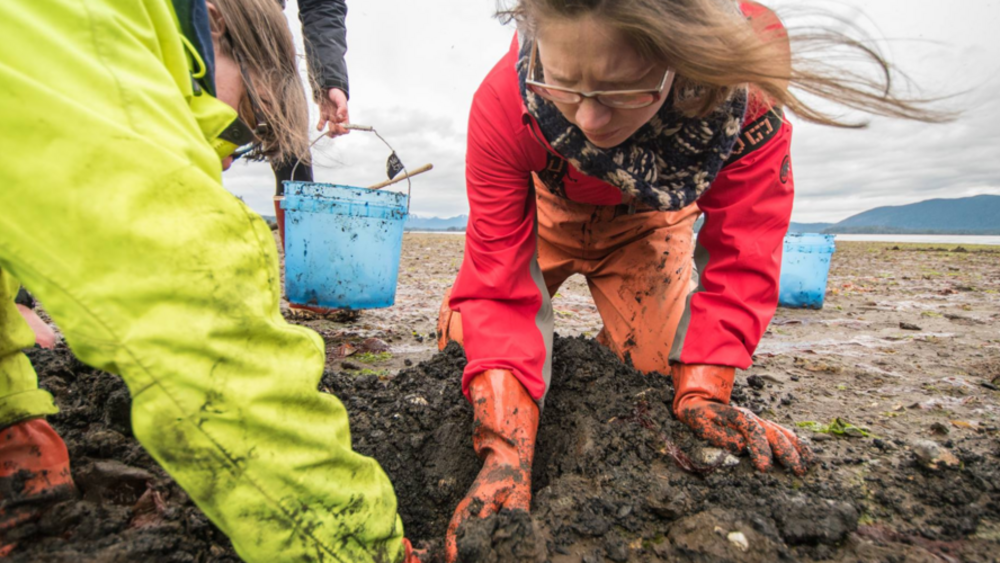
Experts, not Obstacles: Indigenous Conservation Excellence and the Trap of Conservation at any Cost
The twin crises of biodiversity loss and climate change demand action. The question is how best to address these challenges. Driven by a sense of urgency, some call for conservation at any cost, a continuation of the forced separation of Indigenous people from their ancestral lands, waters, and…

Rigorous and Systematic Qualitative Data Analysis in Biological Anthropology
Biological anthropologists have long engaged in qualitative data analysis (QDA), though such work is not always foregrounded. In this article, we discuss the role of rigorous and systematic QDA in biological anthropology and consider how it can be under- stood and advanced. We first establish what…
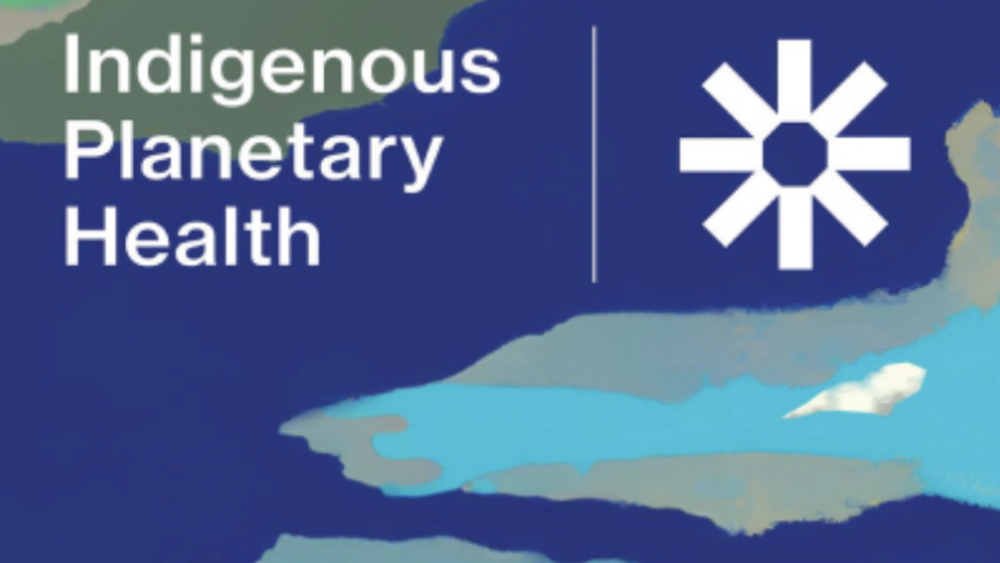
(Re)building Indigenous Governance with Breanne Lavallee-Heckert (Podcast Episode)
In this episode, Heather and, guest host, Carey Newman have a conversation with Métis activist Breanne Lavallee-Heckert. When we spoke with Breanne, she was the Research Director for Indigenous Climate Action, an Indigenous-led organization that works on connecting and supporting Indigenous…
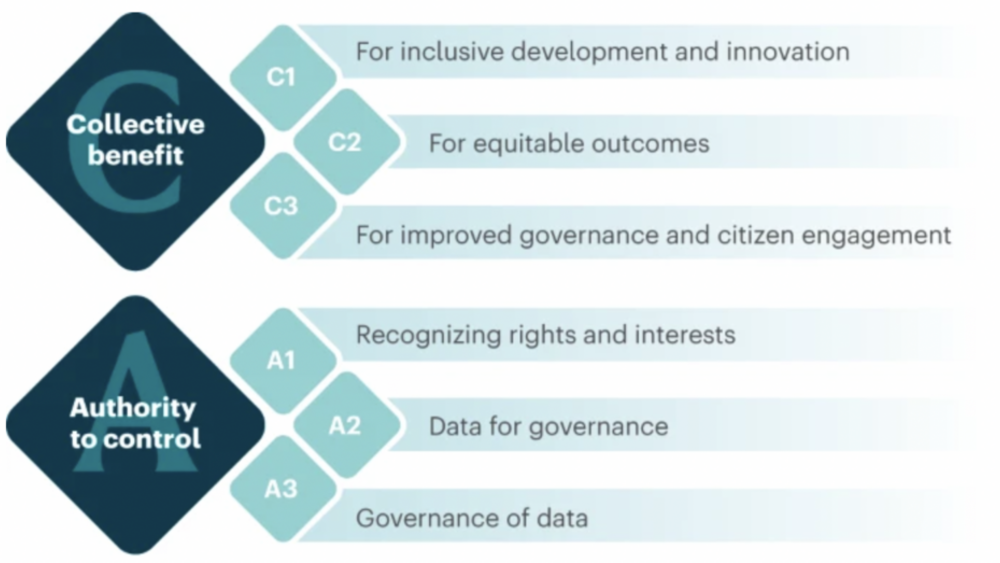
Applying the ‘CARE Principles for Indigenous Data Governance’ to ecology and biodiversity research
Indigenous Peoples are increasingly being sought out for research partnerships that incorporate Indigenous Knowledges into ecology research. In such research partnerships, it is essential that Indigenous data are cared for ethically and responsibly. Here we outline how the ‘CARE Principles for…
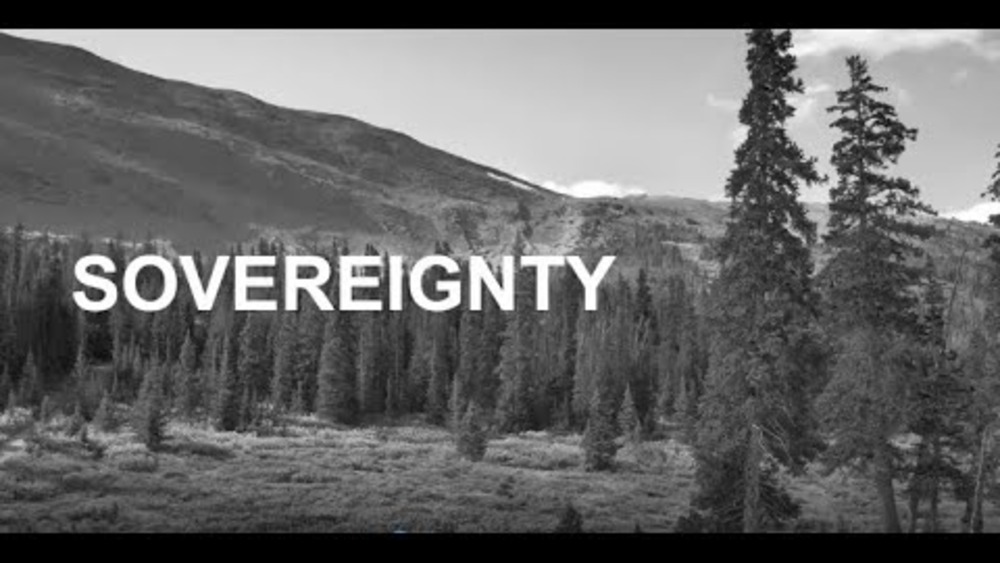
Indigenous Data Sovereignty: How Researchers can Empower Data Governance with Lydia Jennings
Indigenous land management practices result in higher species richness, less deforestation, and land degradation than non-Indigenous strategies. Many environmental researchers, data repositories, and data service operations recognize the importance of collaborating with Indigenous nations,…
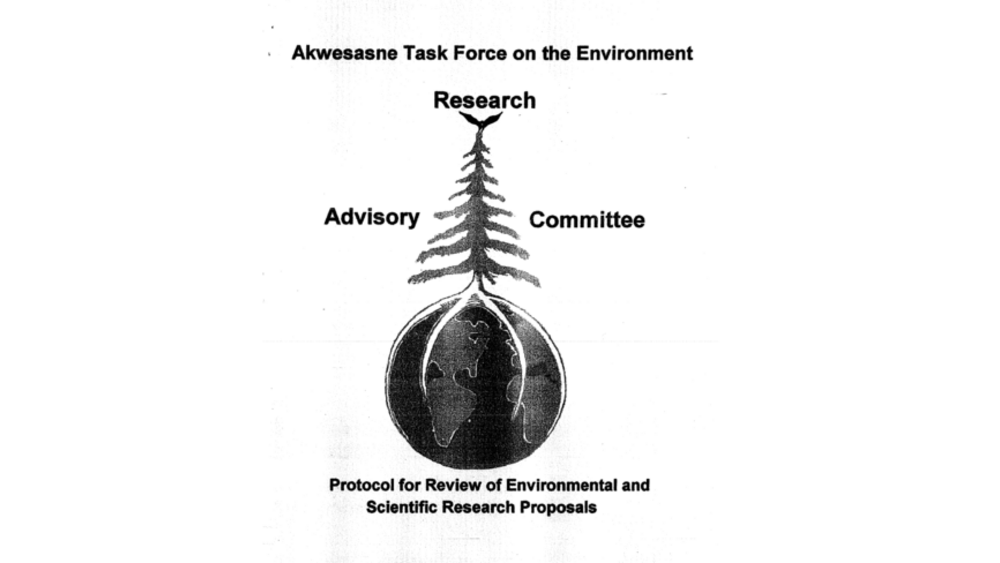
Protocol for Review of Environmental and Scientific Research Proposals
The principles of skennen, kariwiio and kasastensera serve as the foundation and guiding force for the Akwesasne Task Force on the Environment (ATFE). Since the beginning of time, our Creator has told our people to strive for peace and as individuals, communities and Nations, we must constantly…
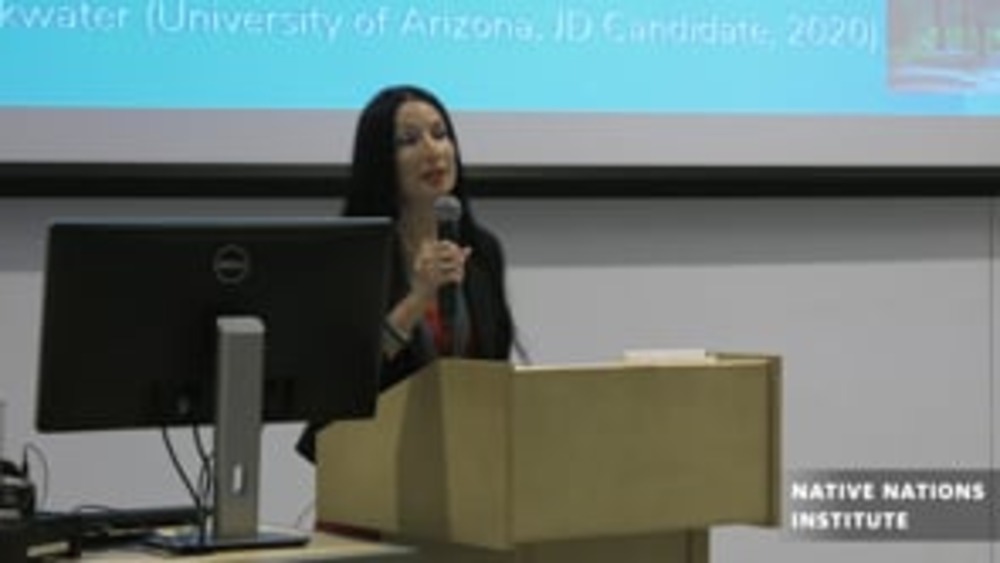
Rebecca Tsosie: Indigenous Sustainability and Resilience to Climate Extremes
The School of Geography & Development presented the “My Arizona” Lecture of Prof. Rebecca Tsosie, Regents Professor of Law at Univeristy of Arizona on Friday, November 1, 2019. Her lecture, "Indigenous Sustainability and Resilience to Climate Extremes: Traditional…

Coast Salish Gathering
Ecosystems in many parts of North America are under severe stress. Pollution, the overuse of natural resources, and habitat destruction threaten local flora and fauna. Conservation attempts often fall short because they target one species of site within an ecosystem. The Coast Salish Gathering…
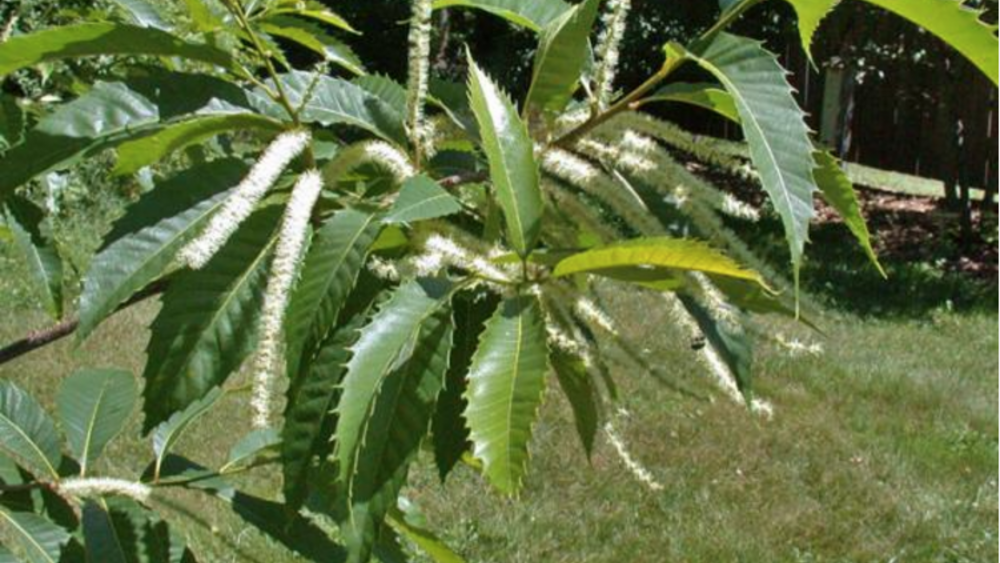
Seneca Nation Implements Native Plant Policy
The Seneca Nation of Indians are spearheading a movement to reintroduce more indigenous flora to public landscapes on tribal lands in Upstate New York. The tribal council unanimously approved a policy that mandates all new landscaping in public spaces on Seneca lands exclusively be comprised of…
